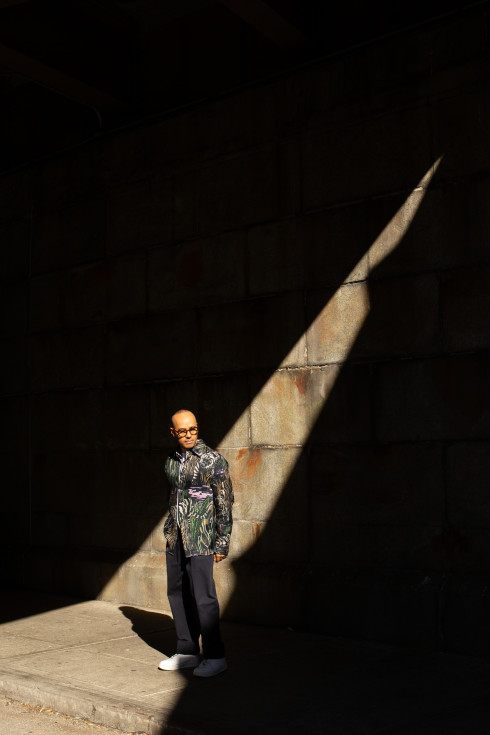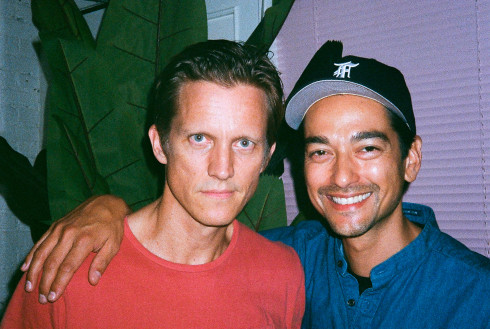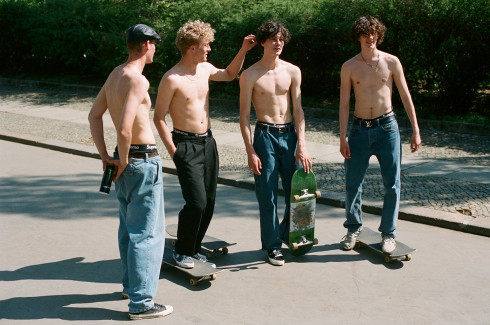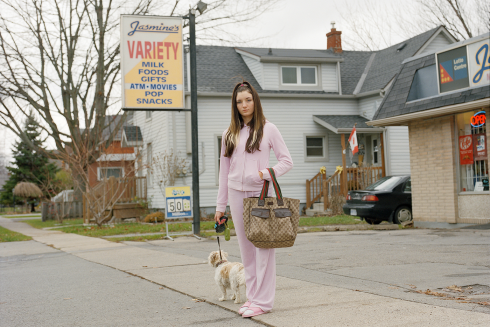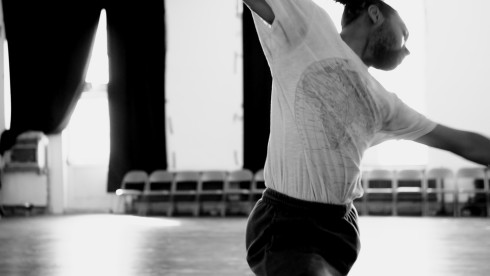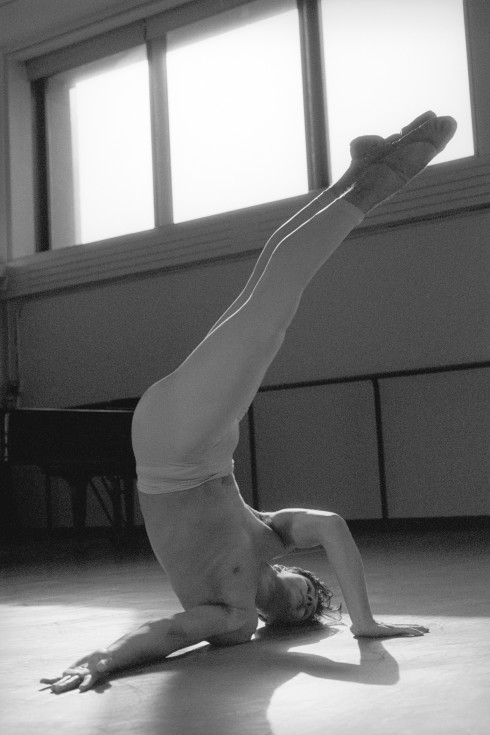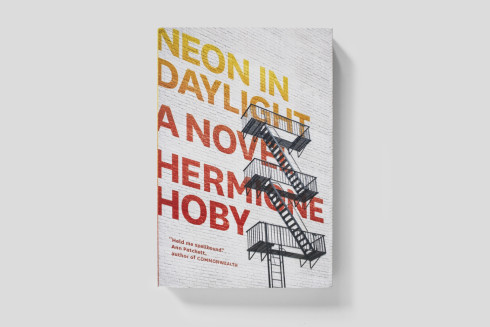
LE QUATTRO VOLTE/MEEK’S CUTOFF
Two brave new films at Film Forum offer a refreshing alternative to the rapid-fire information age. Michelangelo Frammartino’s Le Quattro Volte and Kelly Reichardt’s Meek’s Cutoff are adamantly slow and distinctly focused. Both films set a pace that’s worth getting used to.
In reference to the Pythagorean theory of metempsychosis, Le Quattro Volte chronicles the four stages of reincarnation: human, animal, plant, and mineral. Told without dialogue and largely without actors, the film cedes interpretation to our visual literacy. Frammartino is unquestionably deft at composing his frames, which always manage to be precisely evocative and never noticeably narrative. Composed as a sequence of rituals—from the sweeping of dust to the making of ash—the film is an antidote to the frenetic activity of modernity. Anxiety comes in the shape of sound; a wall of noise from goats with bells and the incessant bark of an obstinate dog are the extent of nature’s barrage. This is an ancient and eternal world, bound to nature and oblivious to the superfluous.
Across the barren plains of Oregon, three young pioneer families follow a shameless trailblazer to nowhere in Meek’s Cutoff. Reichardt sets a tedious tempo with relentless westward movement and restless ambiguity. But as the wagon train rolls on to uncertainty, there is much to consider. Reichardt gives us a bare-bones story that engages the audience with small potatoes on a big screen. Apart from the loss of a wagon, calamity is elsewhere. There is talk of hanging the leader, Stephen Meek, but they soon realize he’s more lost and impotent than evil. In our hopeless anticipation of something—anything—the film provides plenty of time for reflection. Our minds drift along the Oregon Trail, while our hopes fade into the sunburnt sky.
Meek’s Cutoff and Le Quattro Volte demand patience and reward it with their provocative grace. These are films stripped down to their bare essentials, giving in to the nature of the medium and reinventing the role of the audience. They are proof that a film is a force to be reckoned with.
